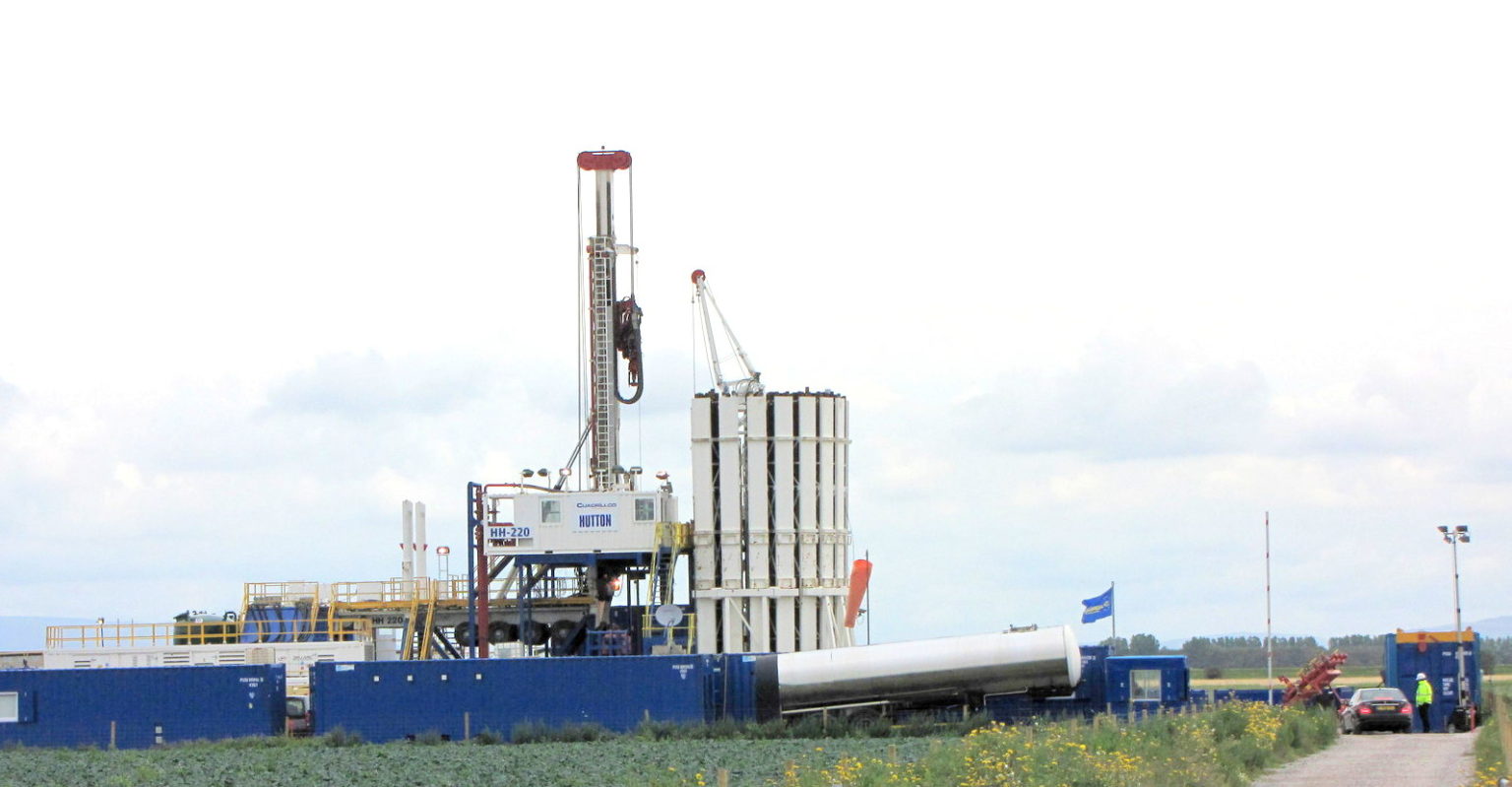A failure to recognise the latest science around the negative climate impacts of fracking means the government may now have to revise some parts of its national planning policy.
A judge has ruled that the government failed to consider scientific evidence presented by campaign group Talk Fracking when revising the National Planning Policy Framework (NPPF). This is despite such evidence having “a direct bearing upon a key element of the evidence base for the proposed policy and its relationship to climate change effects”, the judge said.
Talk Fracking successfully secured a judicial review after it noted that a revision to the NPPF instructed local councils that fracking was beneficial in tackling climate change, which the campaigners argued was contrary to scientific evidence.
The judge dismissed two other claims by Talk Fracking: that the government failed to carry out a Strategic Environmental Assessment (SEA), and that changing the NFFP failed to give effect to tests set out by the government’s independent advisor, the Committee on Climate Change. The judge acknowledged that local residents could raise objections to developments on climate change grounds in the future, however.
The parties to the case will now make arguments to the Court about what the Government must do as a result of the ruling.
Claire Stephenson, who brought the case on behalf of Talk Fracking, said in a statement:
“We are delighted that the court has agreed in part with our arguments that the government’s policy on fracking is unlawful. The government have continually sought to ignore public opinion on fracking, despite the overwhelming opposition on a national level.”
“The lack of public consultation and the unbiased support for an industry, without any substantial underlying evidence, has been a cause for concern.”
The UK’s fracking industry has faced broad opposition across the UK. Lancashire residents have conducted a two-year rolling resistance to Cuadrilla’s fracking wells at Preston New Road. And campaigners continue to fight “draconian” injunctions secured by Ineos to protect its sites from similar action.
Rowan Smith, a solicitor from Leigh Day representing Talk Fracking, said the judge was right to criticise the government’s approach to formulating the policy while ignoring public concern. He said in a statement:
“What is clear from this judgment is that the Government has to keep climate change science under review when formulating fracking policies in an open and transparent way.”
“It is clear what the Government must now do, namely hold a full review of its policy support for fracking, after a meaningful public consultation and properly considering the scientific developments Talk Fracking presented and all other related material.”
Commenting on today’s decision, Jonathan Marshall, Head of Analysis at the Energy and Climate Intelligence Unit (ECIU) thinktank, said that given gas’s potential contribution to the UK‘s greenhouse gas emissions, it made sense to revisit the policy if it was not based on robust evidence. He said in a statement:
“Natural gas is not a low-carbon fuel, therefore the ruling to call into question governmental claims that it is make sense. With the UK’s electricity system almost free of coal, natural gas is now effectively the most carbon-intensive major source of power.”
“Proponents of fracking argue that it makes sense to produce gas here rather than import it from abroad. However, a recent study from the British Geological Society found high methane concentrations close to a fracking site, indicating that the industry still has some way to go in refining processes to the standard we might expect”.
Subscribe to our newsletter
Stay up to date with DeSmog news and alerts







